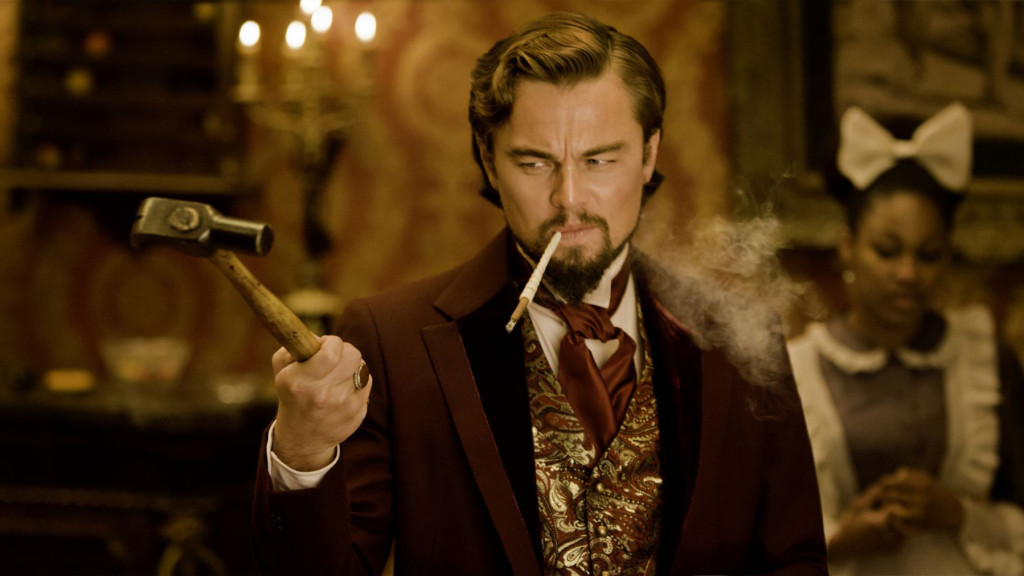‘Zip your lip with a padlock, Quentin’: a review of ‘Django Unchained’
First off, let me just say that I like Quentin Tarantino. “Pulp Fiction,” “Reservoir Dogs” and “Inglourious Basterds” are fantastic, and I’m glad Hollywood likes him enough to keep making movies. People have been imitating him since he first made a movie, but they never quite replicate him. It’s always much more gratifying and interesting seeing the real thing.
That being said, he needs to get a hold of himself a little bit.
I went to see “Django Unchained” over the break, and, while I am certainly glad he made the movie he wanted to make, it wasn’t up to snuff with his other works. Individually, there are certain scenes that work really well. You can clearly tell it’s made with loving reverence to the old Spaghetti Westerns of his youth, and some of the cinematography in it is among the best stuff since “The Searchers.”
It’s the script that needed to be pruned. It’s overlong, too complicated, having too much extraneous stuff and many, many scenes that don’t really fit the narrative structure of the movie. It’s paced horribly — too much of the movie is dialogue that is extremely descriptive and static. It serves to explain and tell rather than show.
Those of you who are familiar with Hans Landa from “Inglourious Basterds” will recognize Christoph Waltz’s character in this movie as basically the same character, but he’s a good guy in this. The shtick worked well in “Inglourious Basterds” because it served as a good counterpoint to the rest of the characters, but it doesn’t work as well here. It seems like there are two or three or four Hans Landas in this movie.
I could put up with this if the scenes were all interesting. But as I said before, it seems like there is one interesting and fantastic scene followed up by another one that’s sub-par. And the scenes don’t add up to anything spectacular — you’re led on this very elaborate journey to a very over-the-top and graphic finish. Only, it’s not finished. The movie is about a half-hour too long.
Considering that German fairy tales are one of the main inspirations for the story (this is explicitly stated in the movie), I can see where the long drawn out stuff would make sense.
Wagner in particular was well known for torturing the audience with the promise of climactic release for long periods of time and then suddenly and cathartically releasing it. Tarantino does this, but then doesn’t finish there, as would be appropriate. He chooses to have another small build-up and finish. It doesn’t make any sense to me.
Maybe I’m just saying this because I watched the movie shortly after I finally watched “Tinker Tailor Soldier Spy.” In “Tinker Tailor,” I swear I counted something like only four lines of dialogue throughout the entire movie. I’m being facetious, of course, but it really is one of the quietest movies I’ve ever seen. It was a trip seeing that right before Tarantino, where 15 minute on-screen explanations are the norm.
For my money, I would rent or buy “Tinker Tailor Soldier Spy” and then watch “Django Unchained.” You might get tired of all the “blah, blah, blah” like I did, or you might be glad to hear the sound of another human being’s voice. Your mileage may vary, but I would still watch “Django Unchained,” regardless. It’s worth it just to say you did. Overall, I would give it 2/4 stars.


